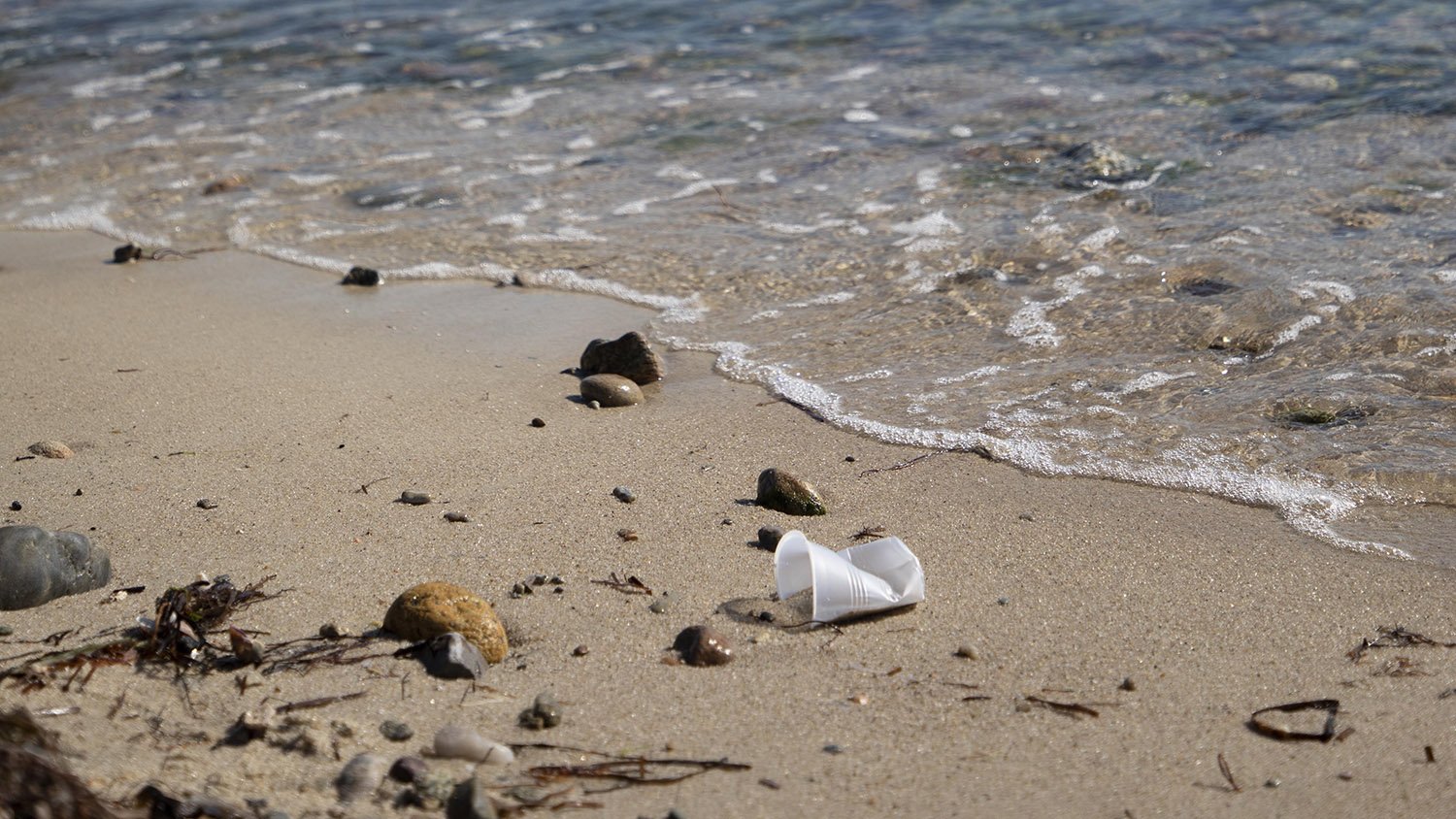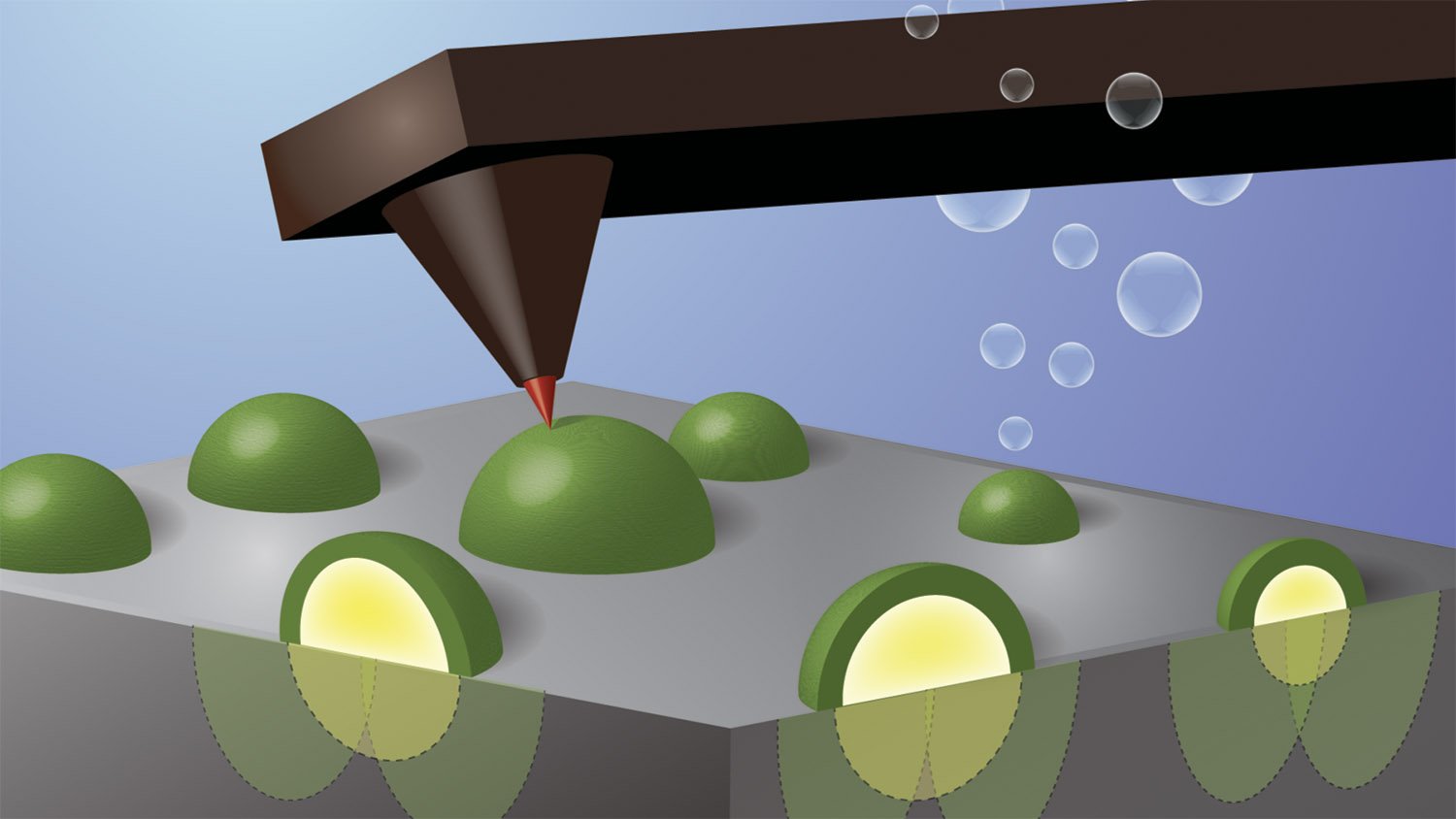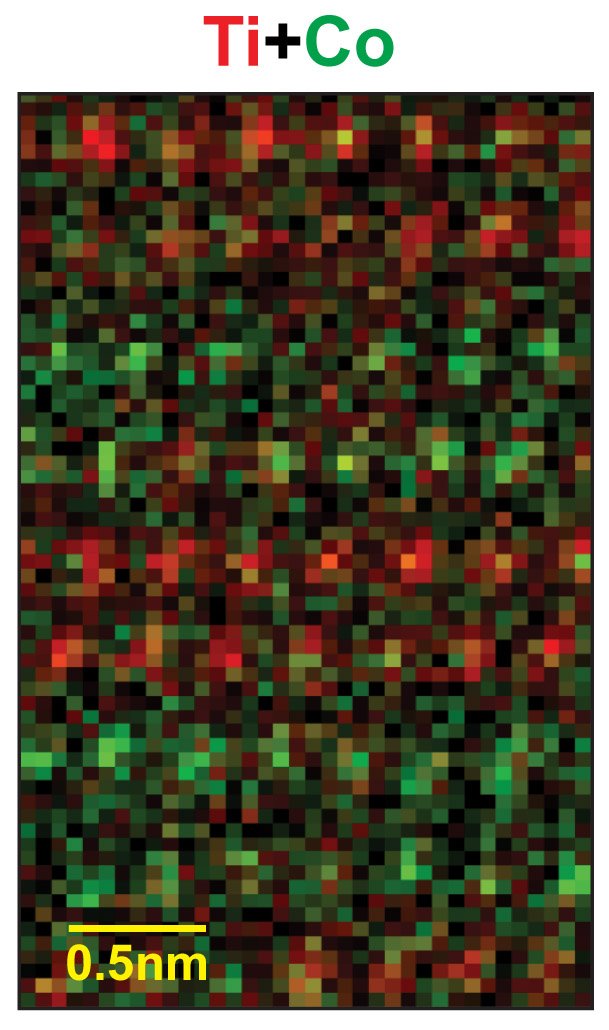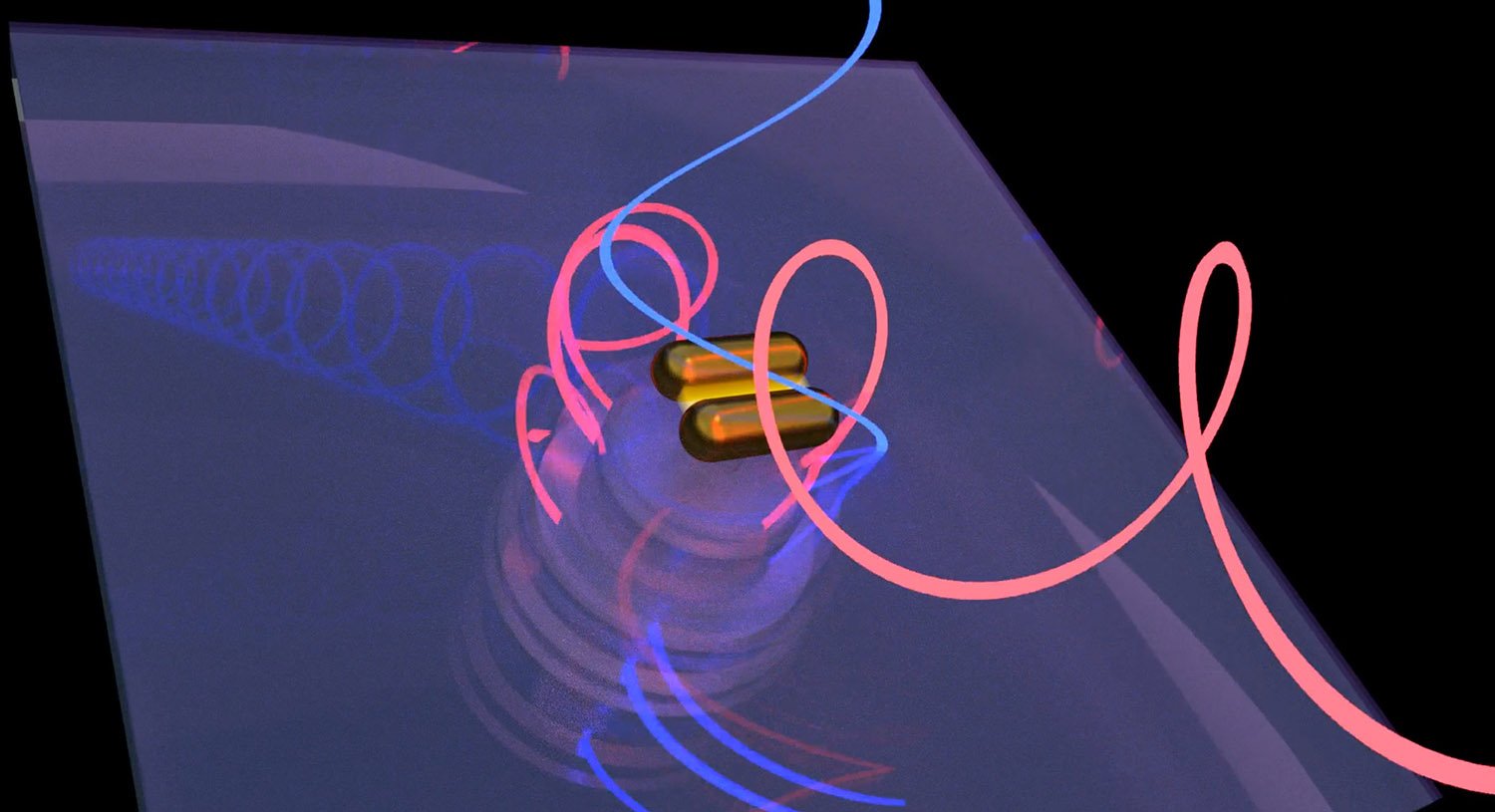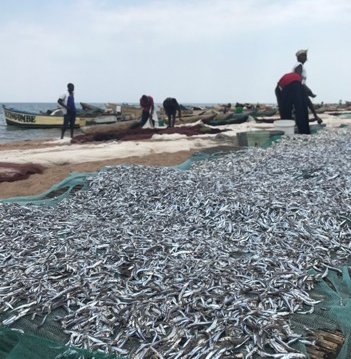Reading the past like an open book: Researchers use text to measure 200 years of happiness
Was there such a thing as ‘the good old days’ when people were happier? Are current Government policies more or less likely to increase their citizens’ feelings of wellbeing? Using innovative new methods researchers at the University of Warwick, University of Glasgow Adam Smith Business School and The Alan Turing Institute in London have built … Read more

